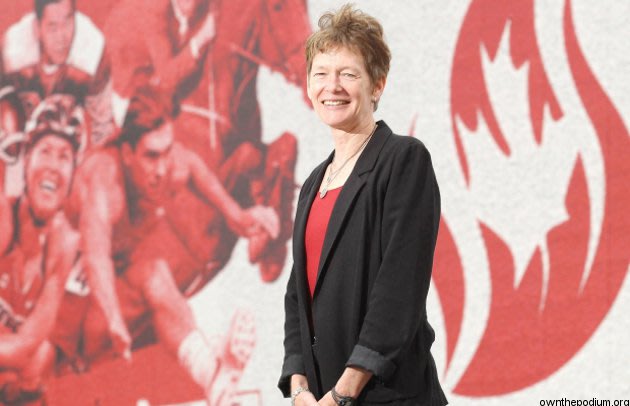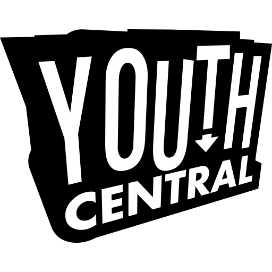The Olympics are over now. Canada’s team of athletes won an impressive total of 25. And, all for a very real price tag.
I’m of two minds when it comes to programs such as Own the Podium. (You can see a nice breakdown of their portion of the funding on their website.)
The reality is that Own the Podium has made a difference. Canada’s “performance” (if you like to define it in this manner) has certainly improved.
This money has created incredible opportunities for athletes, particularly in enabling professional athletes to be just that. Sports require time and money, and it’s difficult to handle a full time job as well as maintain one’s international standards.
However, I’m not sure I support the idea of the Olympics being results-based: Own the Podium’s CEO Anne Merklinger announced that Canada’s goal going into Sochi was that “we want to win more medals than we won in Vancouver“. And to do that, the Canadian strategy appears to be throwing money at it.

The fact that wealth is able to create such improvements and differences also widens the disparity between the rich and poor countries. 196 countries have competed at the Winter Olympics, but only 31 of them have ever medaled.
This remains understandable as most winter sports require facilities and equipment and certain weather/conditions that are out of reach of many countries (as opposed to say, many track sports such as sprinting). In competitions such as bobsled and speed skating, investments are pouring into equipment and uniform design, all to give an athlete a slight advantage and edge over another–after all, in competitions, the winning scores can differ by thousandths of a second. Like this, it sometimes appears that the Winter Olympics have become a war of funding rather than an athletic competition. (Although the grace with which some teams have embraced their position as an unlikely competitor for the love of a sport is, as always, humourous and inspiring)

The Canadian team of 220 is massive compared to the many nations that only sent just one or only a few athletes. Which is wonderful, as this means more Canadians gain the opportunity to compete at the Olympics, but is also an indication of Canada’s extravagant, “more is better” attitude.
As the costs of “owning the podium” rise, from $70 million for Vancouver to $80 million in Sochi, there comes a point where we have to draw the line and decide simply how much money this “Canadian pride” is worth. Although, regardless of motivation, those in sports might as well take advantage of it while they can.


